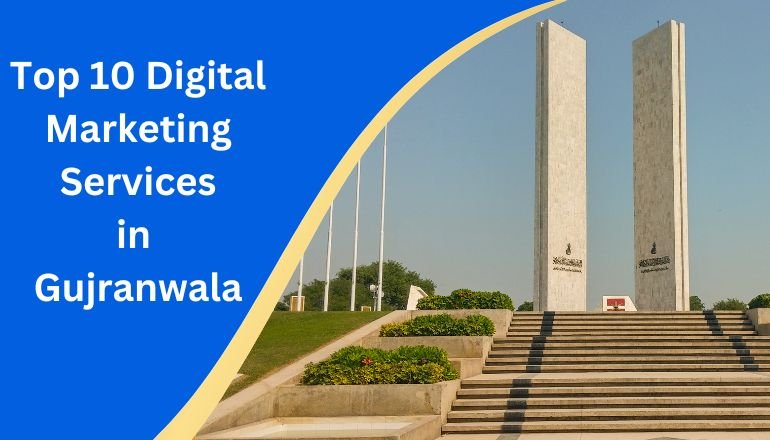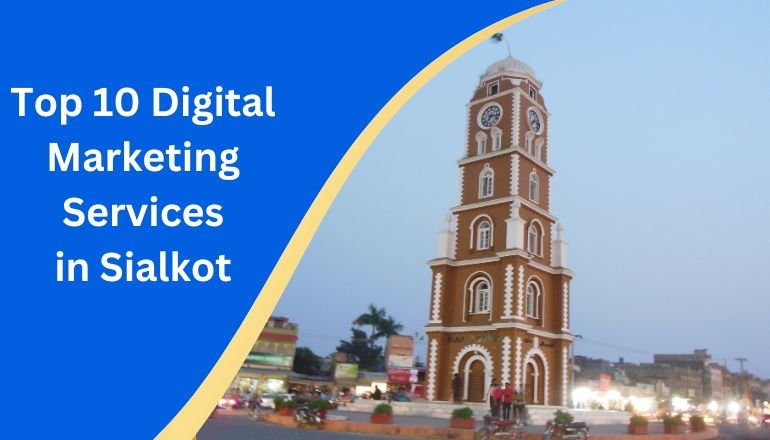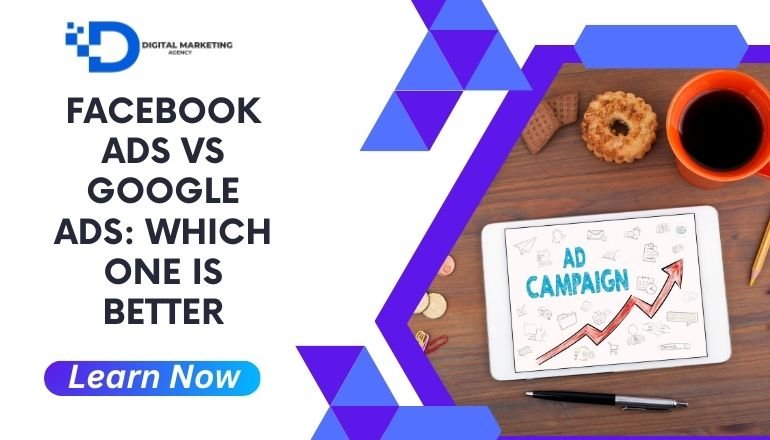In today’s competitive digital landscape, businesses must choose the right advertising platform to reach their target audience effectively. With so many options available, two of the most popular choices are Facebook Ads vs Google Ads. These platforms offer powerful digital marketing strategies that can significantly boost brand visibility, drive traffic, and increase conversions.
At Best Digital Marketing Agency, we specialize in helping businesses choose the right ad strategy that aligns with their objectives and delivers measurable results. But with so many similarities and differences between Facebook Ads and Google Ads, which one is right for your business?
1. What are Facebook Ads vs. Google Ads?
Facebook Ads vs Google Ads are two distinct advertising platforms that serve different purposes but both excel in online advertising. Facebook Ads allow businesses to reach users based on their interests, behaviors, and demographics, making it ideal for brand awareness and engaging potential customers.
In contrast, Google Ads targets users based on their search intent, which means it is highly effective for generating leads or driving conversions from those actively searching for products or services. Both platforms operate on a pay-per-click (PPC) model, but they differ in targeting methods, user intent, and overall campaign goals.
2. Why Facebook Ads vs. Google Ads Matters
Choosing the right platform is critical for the success of any marketing campaign. Facebook Ads are excellent for increasing brand awareness and audience engagement by leveraging user interests and behaviors. This makes it ideal for businesses looking to nurture a relationship with potential customers.
On the other hand, Google Ads allows businesses to capture demand at the moment users are actively searching for a product or service, ensuring immediate intent-driven traffic. Depending on your objectives, one platform may offer a higher ROI over the other.
3. Key Components of Facebook Ads and Google Ads
Facebook Ads:
- Targeting: Interests, behaviors, demographics, and lookalike audiences.
- Ad Formats: Carousel ads, video ads, and image ads.
- Analytics: Insights on engagement, reach, and ad performance.
Google Ads:
- Targeting: Keywords, locations, device types, and more.
- Ad Formats: Text ads, display ads, shopping ads, and video ads on YouTube.
- Analytics: Click-through rates (CTR), conversion tracking, and keyword performance.
4. Best Practices for Facebook Ads vs. Google Ads
- For Facebook Ads: Focus on creative visuals and engaging content that resonates with your audience. Test different ad formats, such as video or carousel ads, and optimize for mobile-first viewing.
- For Google Ads: Ensure your keywords are well-researched and relevant. Use A/B testing for ad copy, and implement negative keywords to filter out irrelevant traffic.
5. Common Mistakes to Avoid
- Facebook Ads: Avoid over-targeting or narrowing your audience too much. This can limit your reach and impact.
- Google Ads: Don’t focus solely on the highest-traffic keywords. Ensure your keywords align with user intent and use long-tail keywords to capture niche searches.
6. How Facebook Ads and Google Ads Fit into a Comprehensive Digital Marketing Strategy
Both Facebook Ads and Google Ads can work hand-in-hand in an integrated digital marketing strategy. Google Ads can drive high-intent traffic with paid search, while Facebook Ads can nurture long-term relationships with customers through targeted engagement.
Combining both platforms allows businesses to run a comprehensive, omnichannel campaign, maximizing both immediate conversions and long-term brand growth.
Conclusion: Key Takeaways
Both Facebook Ads and Google Ads offer valuable opportunities to boost your digital marketing strategy. While Facebook Ads are excellent for brand awareness and engagement, Google Ads are perfect for targeting users with immediate purchase intent. The key to success is understanding your business goals and choosing the platform that aligns with them.
At Best Digital Marketing Agency, we specialize in helping businesses develop tailored digital strategies that leverage both Facebook Ads and Google Ads for optimal results.













